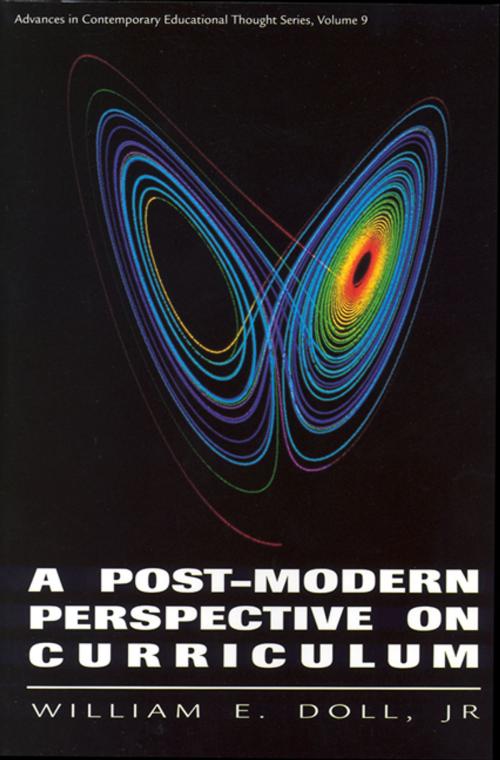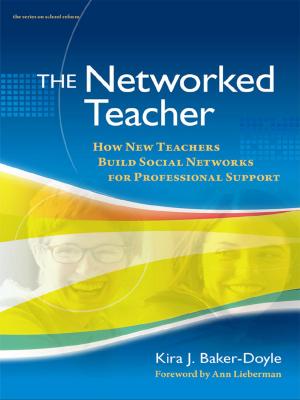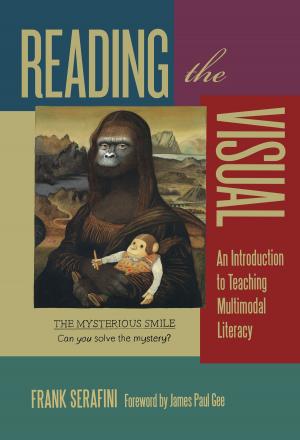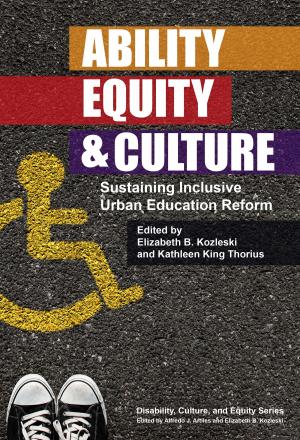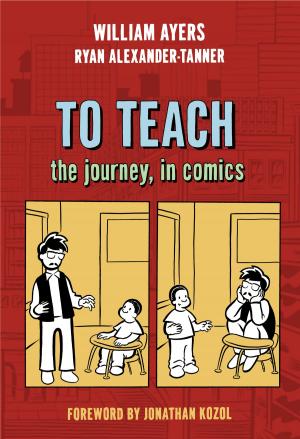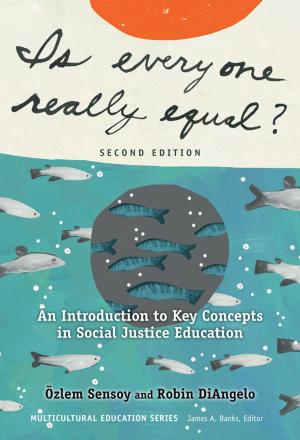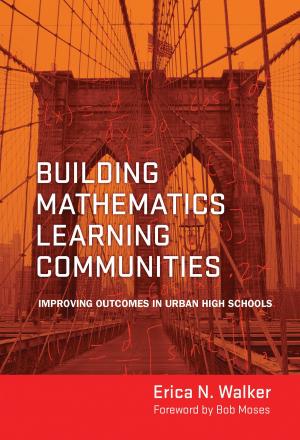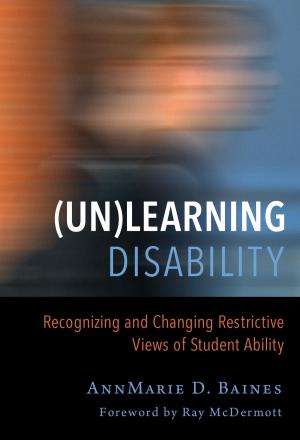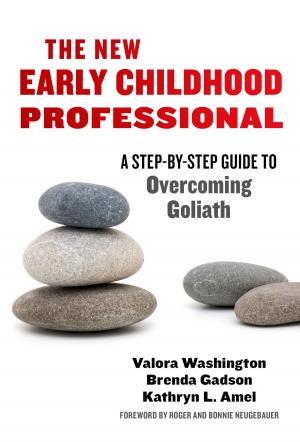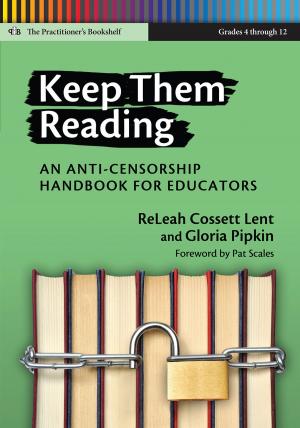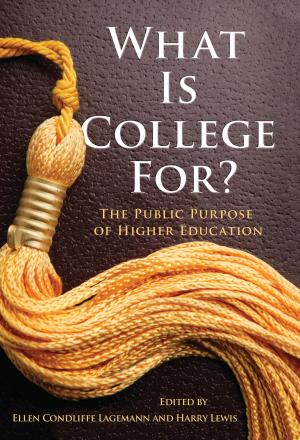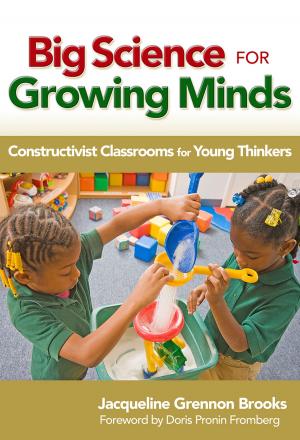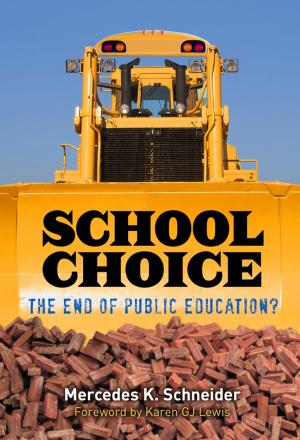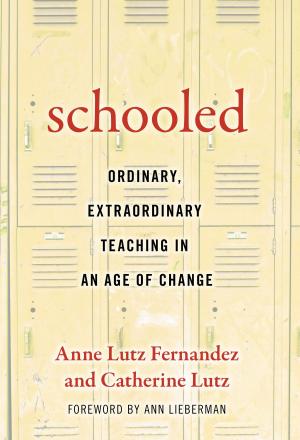A Post-Modern Perspective on Curriculum
Nonfiction, Reference & Language, Education & Teaching, Educational Theory, Curricula, Aims & Objectives, Philosophy & Social Aspects| Author: | William E. Doll Jr. | ISBN: | 9780807774397 |
| Publisher: | Teachers College Press | Publication: | December 15, 2009 |
| Imprint: | Language: | English |
| Author: | William E. Doll Jr. |
| ISBN: | 9780807774397 |
| Publisher: | Teachers College Press |
| Publication: | December 15, 2009 |
| Imprint: | |
| Language: | English |
Doll draws relationships among the ideas advanced in chaos theory, Piagetian epistemology, cognitive theory, and the work of Dewey and Whitehead. In this book on the post-modern perspective on the curriculum, the author asserts that the post-modern model of organic change is not necessarily linear, uniform, measured and determined, but is one of emergence and growth, made possible by interaction, transaction, disequilibrium and consequent equilibrium. Transformation, not a set course, the book argues, should be the rule, and open-endedness is an essential feature of the post-modern framework. In the book, the author envisages a curriculum in which the teacher's role is not causal, but transformative. The curriculum is not the race course, but the journey itself; metaphors can be more useful than logic in generating dialogue in the community; and educative purpose, planning and evaluation is flexible and focused on process, not product.
“Scholarly, yet direct and to the point, [Doll’s] ideas make sense to front line educators in the real world of today’s schools.”
—Kenneth Graham, Seaford Union Free School District
Doll draws relationships among the ideas advanced in chaos theory, Piagetian epistemology, cognitive theory, and the work of Dewey and Whitehead. In this book on the post-modern perspective on the curriculum, the author asserts that the post-modern model of organic change is not necessarily linear, uniform, measured and determined, but is one of emergence and growth, made possible by interaction, transaction, disequilibrium and consequent equilibrium. Transformation, not a set course, the book argues, should be the rule, and open-endedness is an essential feature of the post-modern framework. In the book, the author envisages a curriculum in which the teacher's role is not causal, but transformative. The curriculum is not the race course, but the journey itself; metaphors can be more useful than logic in generating dialogue in the community; and educative purpose, planning and evaluation is flexible and focused on process, not product.
“Scholarly, yet direct and to the point, [Doll’s] ideas make sense to front line educators in the real world of today’s schools.”
—Kenneth Graham, Seaford Union Free School District
